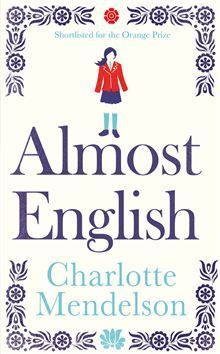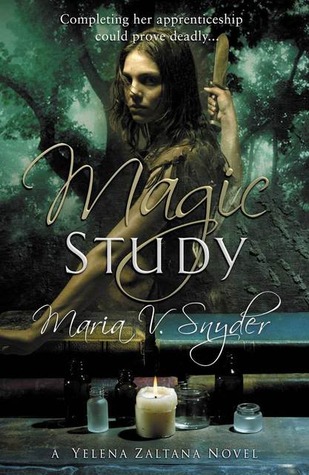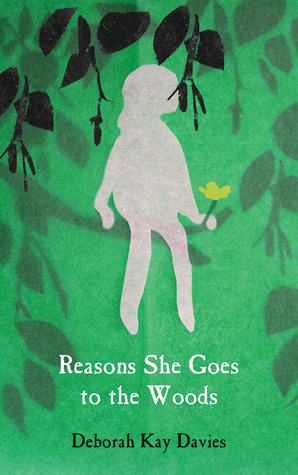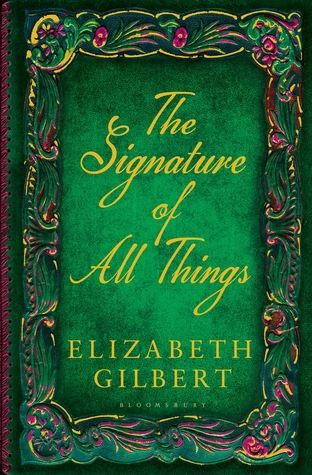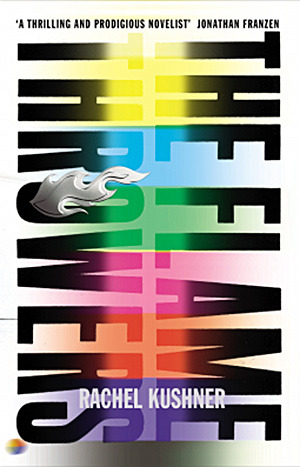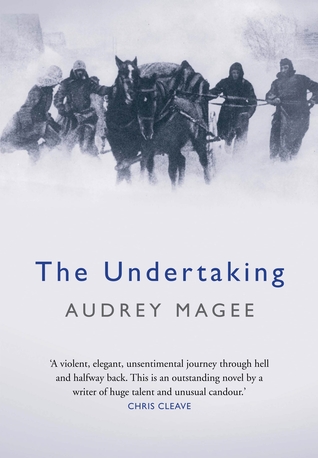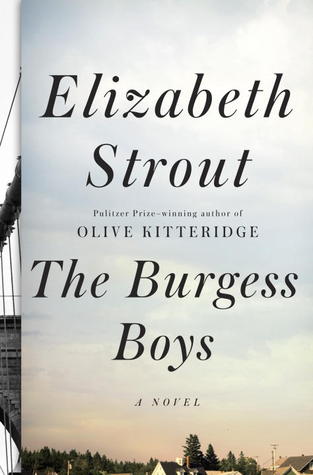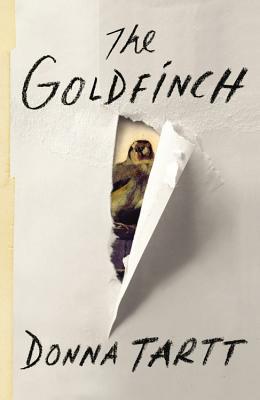Books I Get To Keep:
Most of these were impulse buys from this morning. I had a pretty tough week at work last week and could not resist the buy one, get one half price deals in Waterstones:




- Burial Rites by Hannah Kent - This is one of the books on the Baileys long-list that I am the most keen to read. I already had it reserved at the library, but couldn't resist this gorgeous paperback edition with black edged pages. It's the story of the last woman to be executed in Iceland, and I can't wait to start it.
- We Need New Names by NoViolet Bulawayo - I've wanted to read this one ever since it first came out. Darling lives in a shanty-town in Zimbabwe and dreams of moving to America. When she finally does, it isn't what she expected.
- On the Map by Simon Garfield - I love a quirky non-fiction book, and this seems to fit the bill nicely. It's a history of maps and how we have attempted to make sense of the world.
- The Golem and the Djinni by Helene Wecker - Another book that has been on my wishlist for the longest time. It's about two supernatural creatures in nineteenth century New York, and the back cover compares with Jonathan Strange & Mr Norrell. This can only be a good thing!
Mixed in are some review copies:


- The Astronaut Wives Club by Lily Koppel - A non-fiction title about the women married to the famous American astronauts of the 1950s and 60s. I've seen some great reviews of this one.
- The Crimson Ribbon by Katherine Clements - Historical fiction set in the English Civil War. This book promises to include Oliver Cromwell and witchcraft, so I am intrigued.
And finally, some random acquisitions:


- The Fire Gospel by Michel Faber - Picked up in a charity shop. The Crimson Petal and the White is one of my favourite books, ever, so the author alone was enough to make me buy this one. The story is about the uncovering of a new gospel, and is from the Canongate Myth series.
- The Blue Fairy Book by Andrew Lang - Lovely hard-cover version found in Homesense, of all places.
Books I Have to Give Back (Library Books):
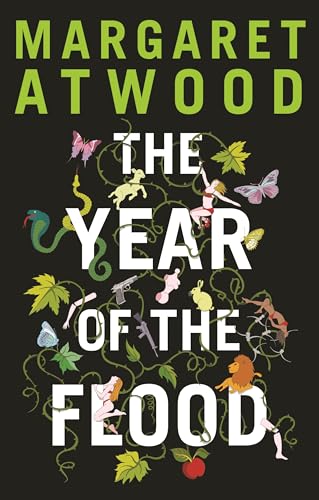

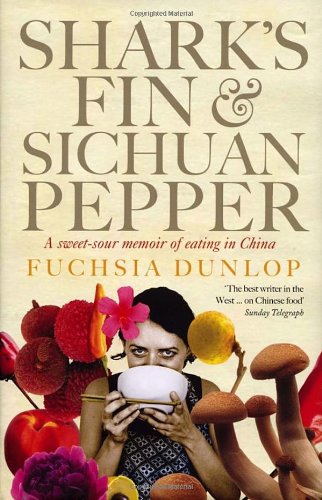
- The Year of the Flood by Margaret Atwood - Borrowed so I can read Madaddam, which I own, and which is on the Baileys long-list. I loved Oryx and Crake, so I have high hopes.
- The Signature of All Things by Elizabeth Gilbert - Another Baileys book, and one I am currently half-way through. It's a historical epic about a female botanist, and so far I am very much enjoying it.
- Shark's Fin & Sichuan Pepper - I love a foodie memoir, and this one about eating and living in China promises to be very interesting.


- All the Birds, Singing by Evie Wyld and The Shadow of the Crescent Moon by Fatima Bhutto - Two more from the Baileys long-list. I hope I get a chance to get to these titles, but they aren't the highest priority on my list.
Have you read any of these titles? What did you make of them?


